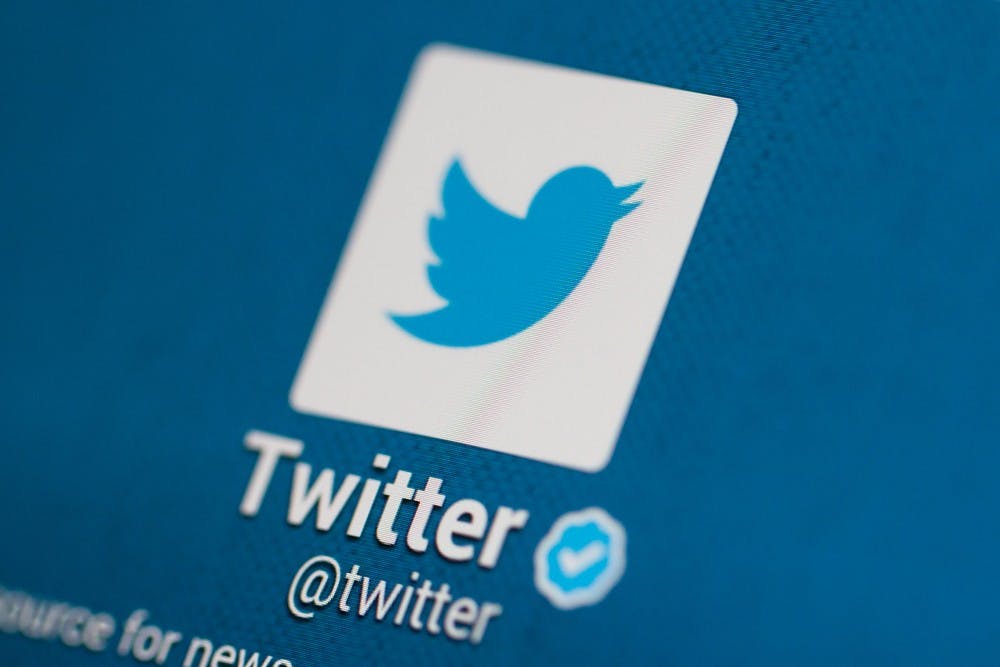Many of us are aware of the giant presence that the social media platform Twitter has in the world of news and day-to-day conversation. Twitter has taken off and become the voice of the world for not only individual students like you and me, but for celebrities and politicians alike. With so many opinions flying around the site, sometimes we lose track of the facts.
This has caused the phenomenon of “fake news” to arise. With so many unreliable sources, many look to only the trusted, first-hand accounts for their news sources. This means following people such as Hillary Clinton, Donald Trump, Paul Ryan and other elected officials to hear from the horse’s mouth what exactly is going on in the world. So, it goes without saying that the greatest thing about this direct access to politicians is the ability to retweet and reply to them.
This relationship of responding to policymakers with a retweet or reply, led to the creation of a science to understand the popularity of tweets by a measurement of “ratios," as in your retweets to replies ratio. It is generally understood that a retweet is a semblance of agreement to the original tweet. On the other hand, a reply could be a range of things from agreement to disagreement to a debate. In most cases, however, a reply is a disagreement.
People are lazy; if they like a tweet, they simply like or retweet and move on. The ratio comes into play when the number of replies largely outnumbers the number of retweets and thus you have a bad tweet. Or, more fittingly, an unsupported statement or opinion.
Recently, we’ve seen the dropping of the proposed Republican health care bill show just how strong the ratio can be in showing public support. Authors of the bill, South Carolina's Sen. Lindsey Graham and Louisiana's Sen. Bill Cassidy received such bad ratios on their tweets regarding the bill prior to it being voted down that they beat out the man previously labeled the “Most Hated Man on Twitter" Paul Ryan.
A New York Magazine article from May reported that scientifically, Paul Ryan was the most hated man on Twitter because he has the worst ratios out of a selected sample of politicians. Ryan’s most unfavorable tweet defended Trumpcare and received about 8,000 replies to 300 retweets. With ratios like 20-50 replies per retweet for Graham and Cassidy, it was no surprise that the bill did not pass.
All of this is to say that tweets have great power. We know this already from the first-hand experience of reading a Donald Trump tweet and becoming immediately outraged and depressed. However, maybe the power of a tweet is more than a feeling. I believe that Twitter could and should play a greater role in politics for the simple reason that it is accessible to the masses.
What if, instead of having to travel to voting booths for every local and national primary, you could vote through Twitter? What if, instead of calling your state senators’ offices and repeatedly voicing your concerns over new health care acts or gun control, you could voice your opinion through Twitter for actual results? What if your great uncle George had to get on Twitter and see both arguments for an issue before being able to vote blindly for his party? I feel like this system is not too far in the future, whether it be on Twitter or a whole new website.
We all wonder how things just seem to happen to us, but the issue is that we are letting things happen when we do not vote or voice our dissatisfaction, but continue to let the same, out-of-touch millionaires make the decisions for us. I vote we bring some actual decision-making power to the people, maybe even in the form of a Twitter poll.

